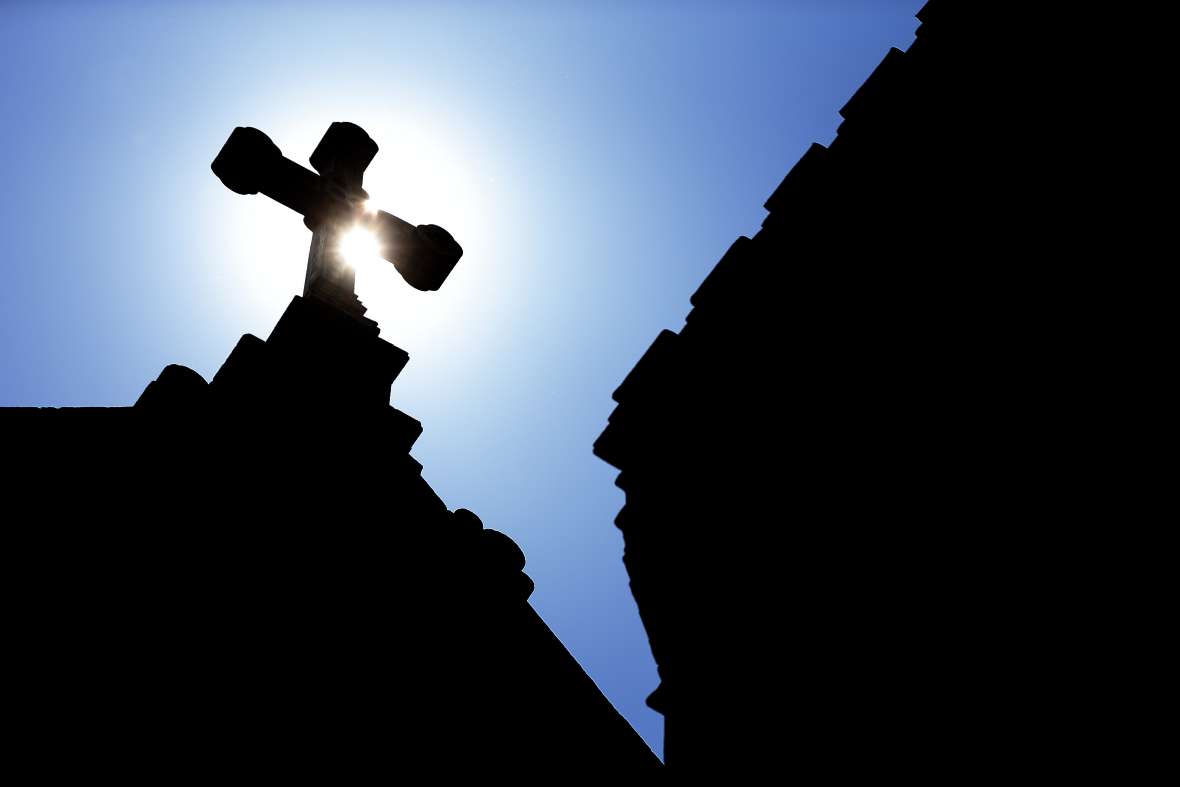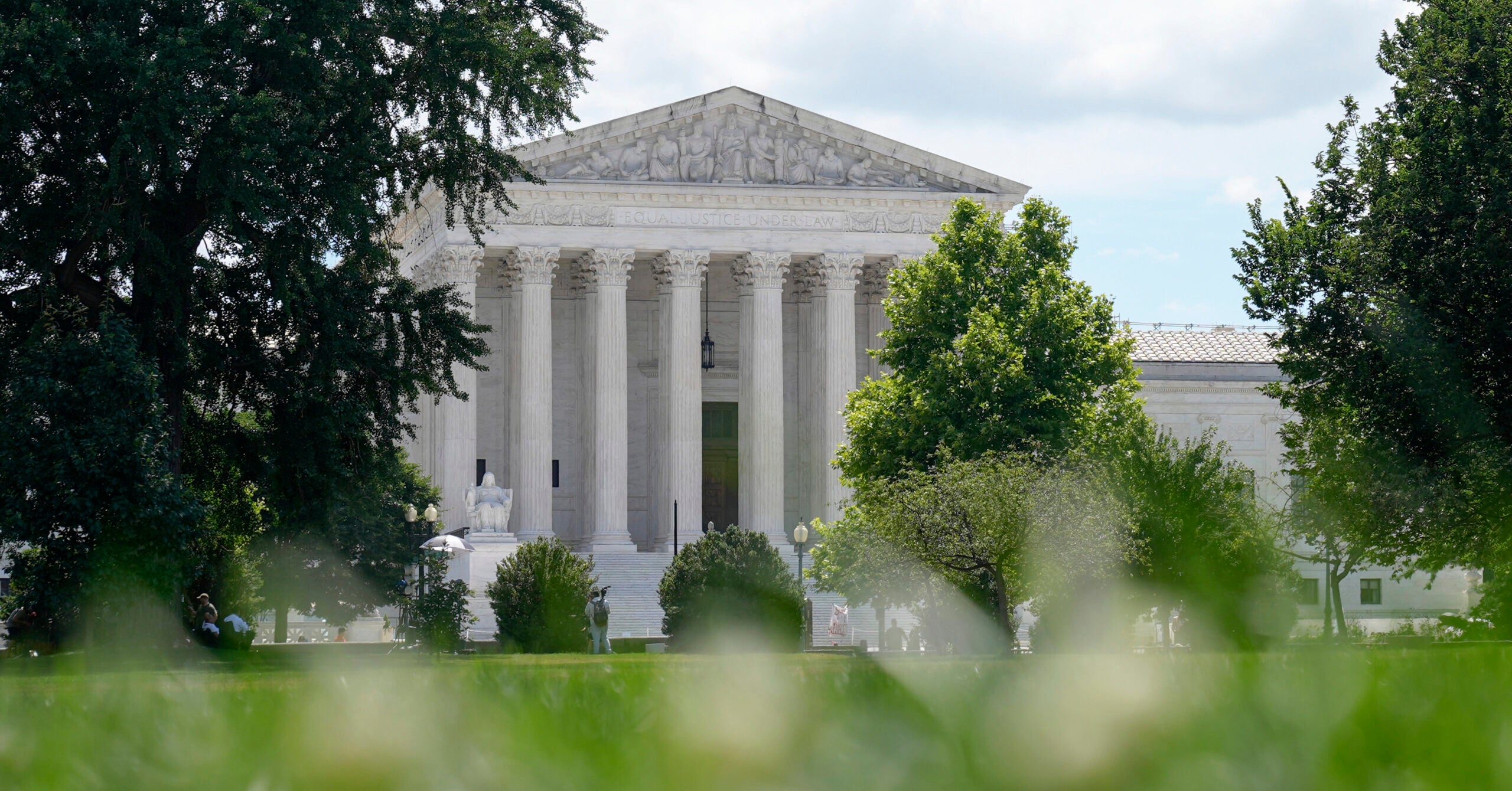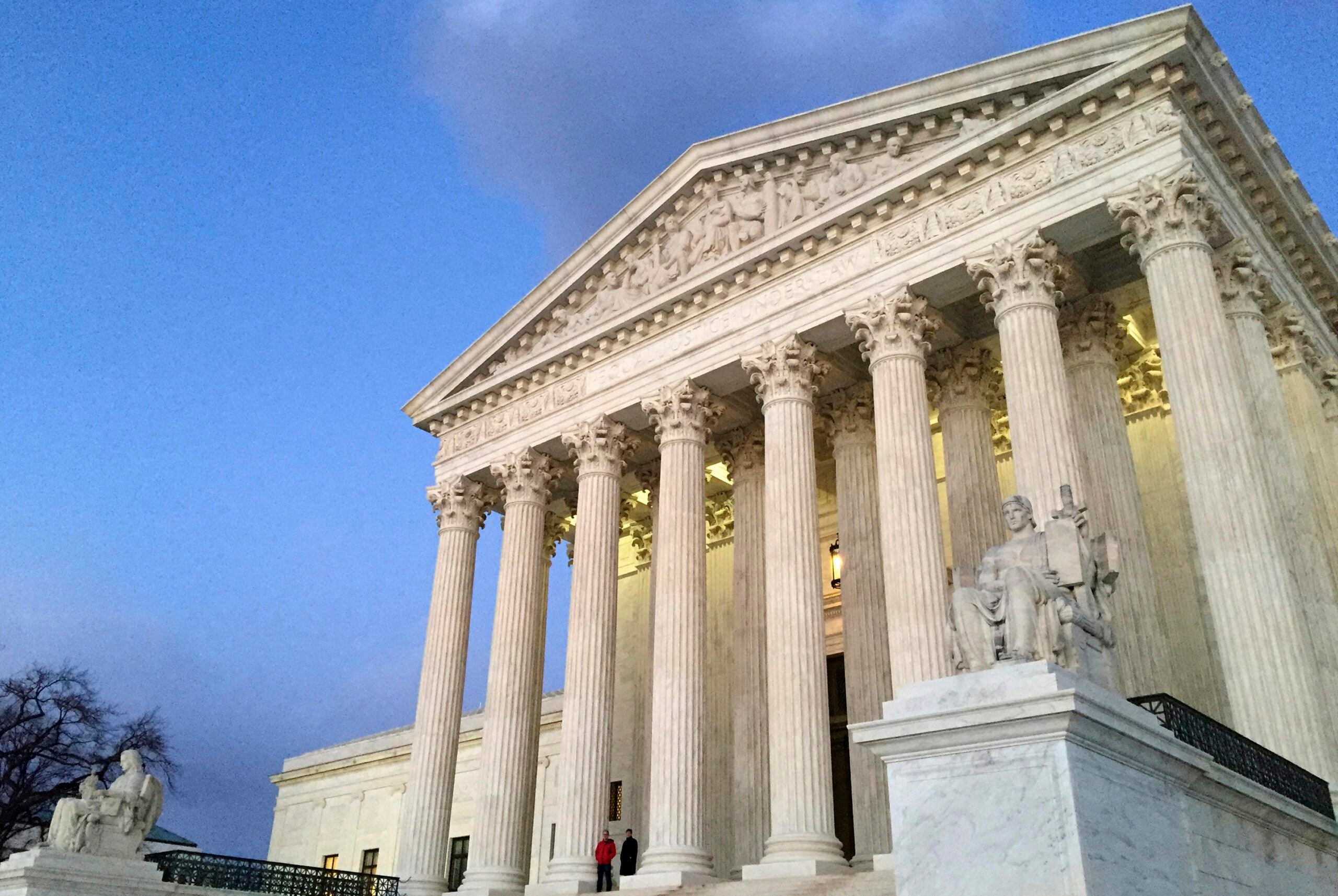The Wisconsin Supreme Court will hear a case to determine a religious charity’s obligation to participate in the state unemployment system.
Catholic Charities Bureau, Inc., the social services arm of the Diocese of Superior, filed to be exempt from paying into the state unemployment insurance program. At the heart of this case is a question of whether that group is primarily a religious organization that does charity work — which would earn it a religious exemption — or a charity group with underlying religious principles.
One charitable group operated by the Superior Diocese, a service for people with disabilities, has already been granted such an exemption. Now the state Supreme Court will determine whether religious exemptions offered to the Diocese extend to other organizations it operates.
News with a little more humanity
WPR’s “Wisconsin Today” newsletter keeps you connected to the state you love without feeling overwhelmed. No paywall. No agenda. No corporate filter.
The initial filing from the group went through the state, with the Wisconsin Labor and Industry Review Commission and the Wisconsin Department of Workforce Development arguing that the group and related nonprofits are “not operated primarily for religious purposes because they provide secular social services.”
Last year, a state appeals court upheld this argument. It determined the organization had to be religious in both function and motivation. They found that, because Catholic Charities Bureau does not evangelize, engage in worship activities or serve only Catholics, that its services cannot be defined as religious.
“While these activities fulfill the Catechism of the Catholic Church to respond in charity to those in need, the activities themselves are not primarily religious in nature,” the court wrote.
Attorneys for the group say the charitable mission of the nonprofits cannot be disentangled from religious teachings of the Catholic Church. In their opening brief to the state Supreme Court, attorneys from Washington D.C.-based Becket Fund for Religious Liberty argue the government may not define a proper expression of religious values.
“It is not about how closely tied the physical action is to a form of religious worship, or even whether the ministry serves only co-religionists,” the brief reads. “A secular court cannot hope to accurately determine, for every religious tradition in Wisconsin, which of that religion’s activities are ‘inherently religious.’ And even attempting this standardless inquiry would enmesh Wisconsin courts in answering impossible theological questions.”
They also argue this is a First Amendment case because it represents an improper attempt by the government to decide how a church structures itself. The nonprofits are part and parcel of the Diocese itself, attorneys say.
The state is due to file its first brief in response in two weeks. A date for arguments in the case has not been set.
Wisconsin Public Radio, © Copyright 2025, Board of Regents of the University of Wisconsin System and Wisconsin Educational Communications Board.






